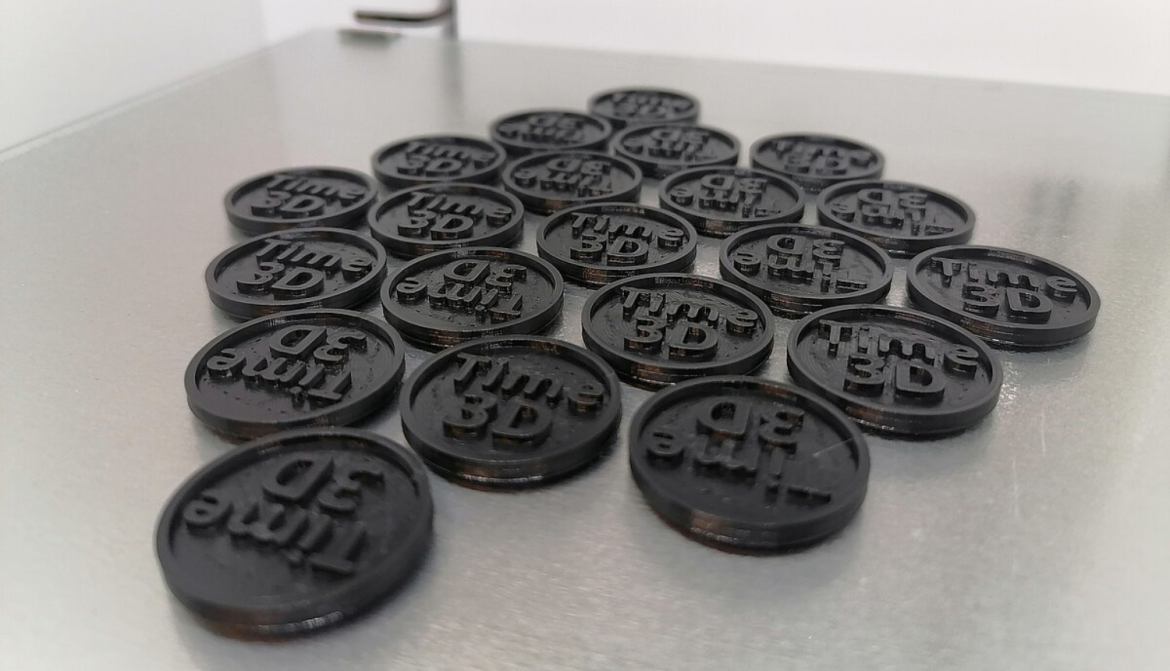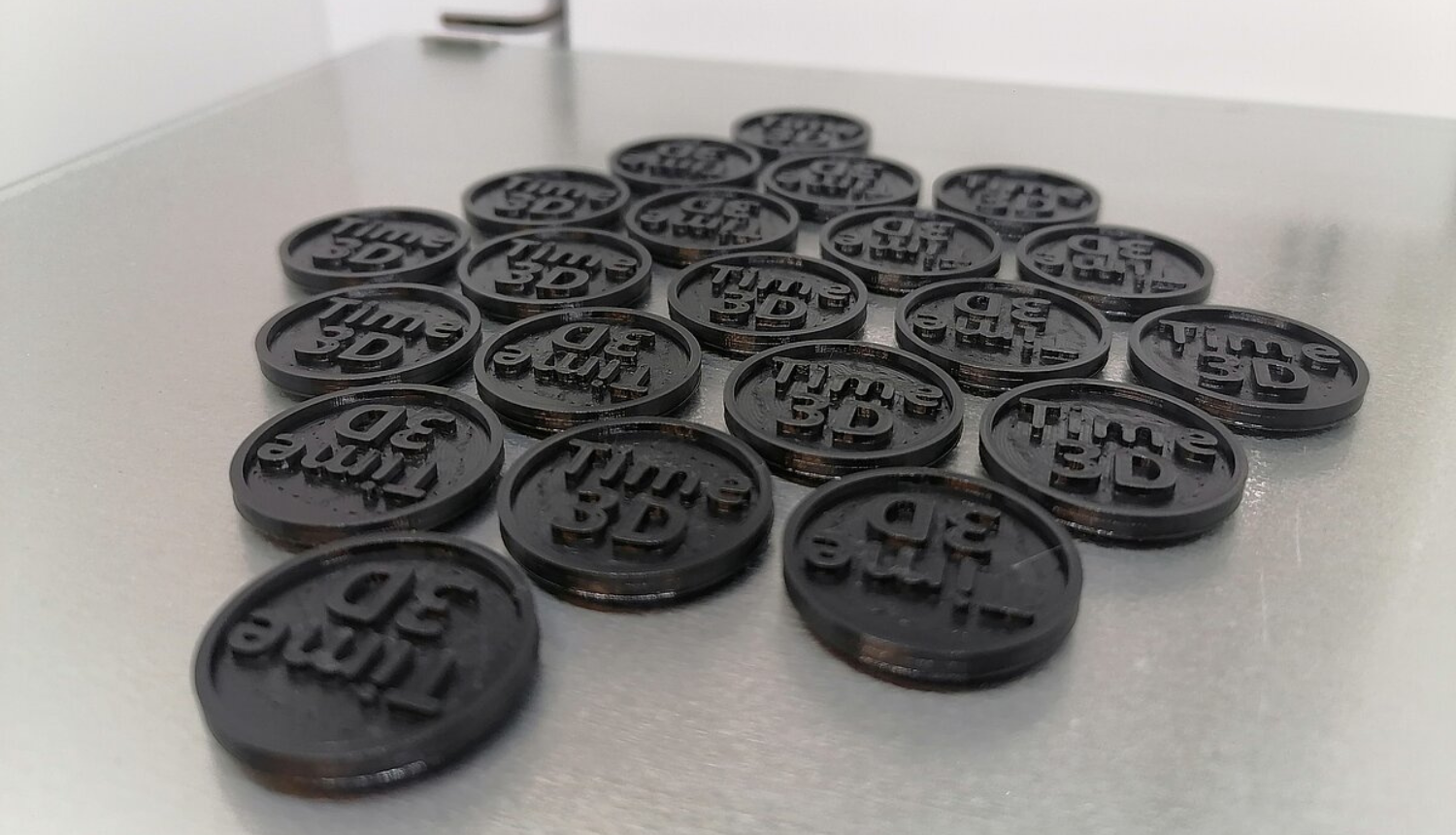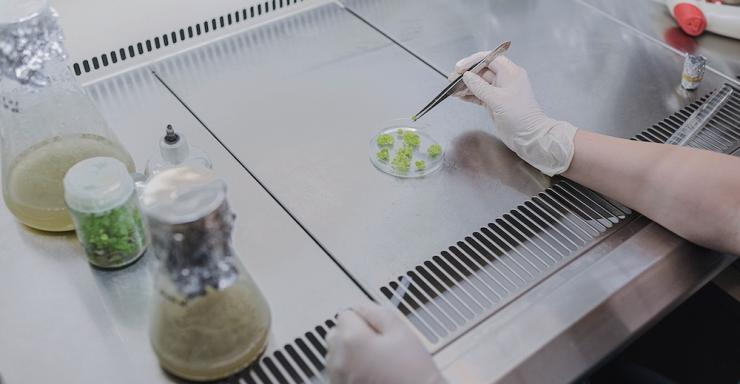The University of Latvia (UL), in cooperation with Riga Technical University (RTU), continues to implement the scientific project "Investigation of the Time-Dependent Mechanical Properties of 3D-Printed Polymer Structures at Different Structural Levels" (TiMe3D).

The project involves two research groups:
- The team from the Institute of Mechanics of Materials at the Faculty of Science and Technology, University of Latvia, led by Dr. Andrejs Aņiskevičs
- The team from the Institute of High Performance Materials and Structures at the Faculty of Civil Engineering and Mechanical Engineering, Riga Technical University, led by Dr. Līva Pupure
The strategic goal of the project is to improve the efficiency and operational reliability of 3D-printed polymer structures by optimising their design. The main objective is to develop and validate a methodology for predicting long-term deformation of such structures.
3D printing using the Fused Filament Fabrication (FFF) technique often leads to issues related to material inconsistency. The printed part's properties can differ from those of the base material due to micro-voids and a layered structure formed during the printing process, which negatively affects its strength and durability over time.
The project aims to develop a scientifically grounded approach to forecast the behaviour of these printed parts over prolonged periods. To this end, engineering models explicitly tailored for 3D printing applications are being developed. Both material and structural characteristics are being analysed to understand and predict long-term performance.
By the mid-point of the project, theoretical models have been created, and experimental studies using PLA and PETG samples—two of the most common materials used for rapid prototyping—have been launched. In the following stages of the project, tests will also be conducted on higher-grade materials to broaden the applicability and improve the precision of the developed methodology.
Several short-term tests have already been carried out, each lasting 50–60 hours. Preparations are currently underway for long-term experiments, which may run for several weeks or even months. Based on the results of these tests, it will be possible to predict the mechanical behaviour of materials over extended periods.
The results of the project have already been presented at multiple international scientific conferences, including the European Conference on Composite Materials - Europe’s largest conference dedicated to composite materials- and the prestigious CompTest 2025, held this year in Riga. The project actively involves both experienced researchers and students, thereby fostering the professional growth of young scientists and promoting intergenerational knowledge transfer.
The project "Investigation of the Time-Dependent Mechanical Properties of 3D-Printed Polymer Structures at Different Structural Levels" (TiMe3D) is funded by the Latvian Council of Science under the Fundamental and Applied Research Projects programme (Project No. lzp-2023/1-0075).
The project implementation period is from January 1, 2024, to December 31, 2026.
More information about the project’s scientific results is available on the project website.
Details on communication and outreach activities can also be found on the project’s social media page:
👉 https://www.facebook.com/profile.php?id=61561453310525


